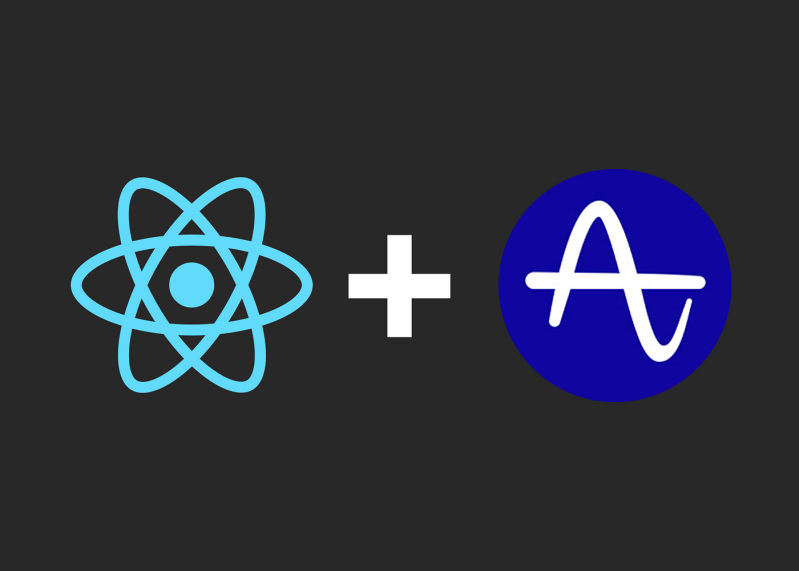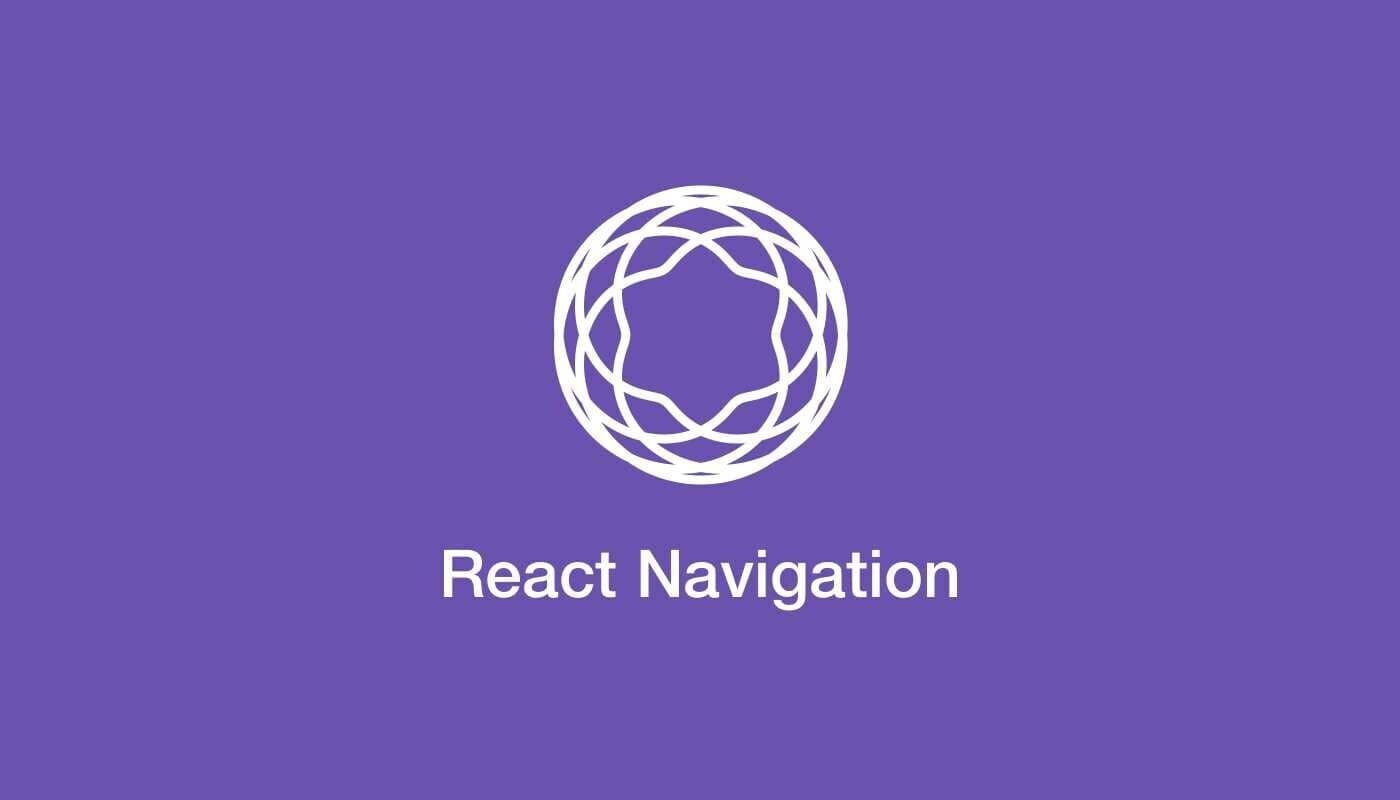
Blog Articles
A Comprehensive Guide to Integrate Amplitude in React Native Apps
Table of Contents
Introduction
In today’s digital age, understanding user behavior and interactions within your mobile app is crucial for its success. This is where analytics tools like Amplitude come into play. Amplitude allows you to gather valuable insights into how users engage with your app, enabling you to make data-driven decisions to enhance the user experience. In this guide, we will walk you through the process of integrating Amplitude into your React Native app, from the basics to the implementation steps.
Introduction to Amplitude
Amplitude is a powerful analytics platform that helps app developers and product teams track user interactions, analyze user behavior, and gain insights into how users engage with their applications. With Amplitude, you can collect data on events like user actions, button clicks, page views, and more. This data is then processed and presented in an easy-to-understand format, empowering you to make informed decisions about feature improvements, user flows, and overall app performance.
Pre-requisites
Before you begin integrating Amplitude into your React Native app, make sure you have the following pre-requisites in place:
- React Native App: You should have a functional React Native app that you want to integrate with Amplitude.
- Amplitude Account: Sign up for an Amplitude account if you don’t have one already. You can register at https://amplitude.com.
- API Key: Once you have an Amplitude account, you’ll need an API key to authenticate your app’s data. You can find your API key in your Amplitude project settings.
Integration Steps
Step 1: Install the Amplitude SDK
Open your React Native project directory in your terminal and run the following command to install the Amplitude SDK:
npm install @amplitude/react-native
Step 2: Initialize Amplitude
In your app’s entry point (usually App.js), import and initialize Amplitude with your API key. This initializes the Amplitude tracker and prepares it to start collecting events. Here’s how you can do it:
|
1 2 3 4 5 |
import { Amplitude } from ‘@amplitude/react-native’; // Initialize Amplitude with your API key Amplitude.initialize(‘YOUR_API_KEY’); |
Step 3: Track Events
Tracking events is at the heart of Amplitude’s functionality. You can track events to monitor user interactions, behavior, and app usage. For example, you might want to track when a user signs up or completes a purchase. To track an event, use the following code:
|
1 |
Amplitude.logEvent(‘Event Name’); |
You can also include additional properties with your events:
|
1 2 3 4 5 6 7 |
Amplitude.logEvent(‘Item Added’, { itemName: ‘Product ABC’, category: ‘Electronics’ }); |
Step 4: Identify Users
Identifying users allows you to tie events and data to specific users. This is particularly useful for understanding user flows and behavior on an individual level. To identify a user, use the setUserId method:
|
1 |
Amplitude.setUserId(‘user123’); |
Step 5: Sending User Properties
User properties are attributes that describe users. You can send user properties to Amplitude using the setUserProperties method:
|
1 |
Amplitude.setUserProperties({ subscriptionStatus: ‘active’, age: 28 }); |
Tracking Revenue with Amplitude’s logRevenue Event
In addition to tracking user interactions and behaviors, Amplitude also allows you to track revenue-related events using the logRevenue event. This feature is especially beneficial for e-commerce apps or any application that involves monetary transactions. Let’s explore how you can integrate and utilize the logRevenue event in your React Native app.
Understanding the logRevenue Event
The logRevenue event in Amplitude enables you to track revenue-related data such as purchases, transactions, and other financial activities. This data can be essential for assessing the financial performance of your app and understanding user spending patterns.
Track Revenue
To track revenue using the logRevenue event, you’ll need to create a revenue instance, set the necessary properties, and then pass it to the logRevenue method. Here’s an example of how to do it:

Conclusion:
Integrating Amplitude into your React Native app can provide you with invaluable insights into user behavior and interactions. By tracking events, identifying users, and sending user properties, you’ll be able to make data-driven decisions with amplitude node sdk that can lead to improved user experiences and increased app engagement.
Remember that while Amplitude offers a wealth of features, it’s essential to respect user privacy and obtain necessary consents before collecting and using their data. With the right implementation and a focus on user-centric analytics, you’ll be well-equipped to create a successful and user-friendly app with amplitude node sdk.

Get a Fast Estimate on Your Software Development Project
We are committed to delivering high-quality IT solutions tailored to meet the unique needs of our clients. As part of our commitment to transparency and excellence, we provide detailed project estimations to help our clients understand the scope, timeline, and budget associated with their IT initiatives.
Related Blog Posts









